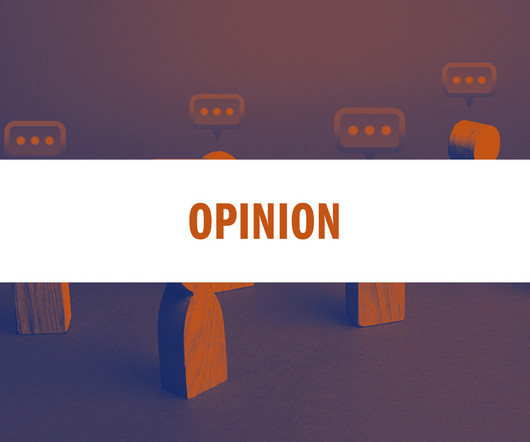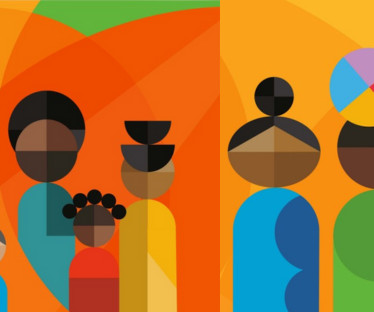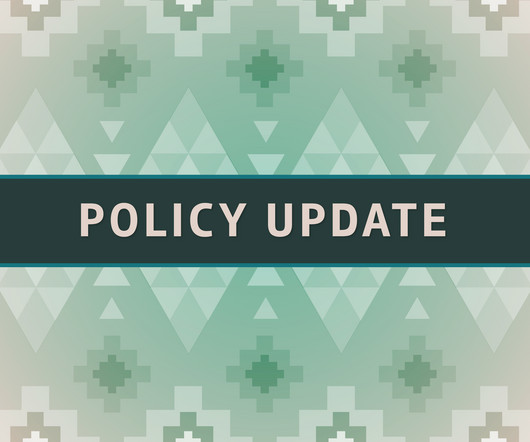Three Doctors Revolutionizing Healthcare Access for Us
Black Health Matters
FEBRUARY 20, 2025
Currently a medical student, Joel is a passionate advocate for health equity, making complex topics accessible and engaging for all. Beyond his dedication to digital education, Joel is committed to mentoring future generations of healthcare professionals. Floyd College of Medicine.












Let's personalize your content